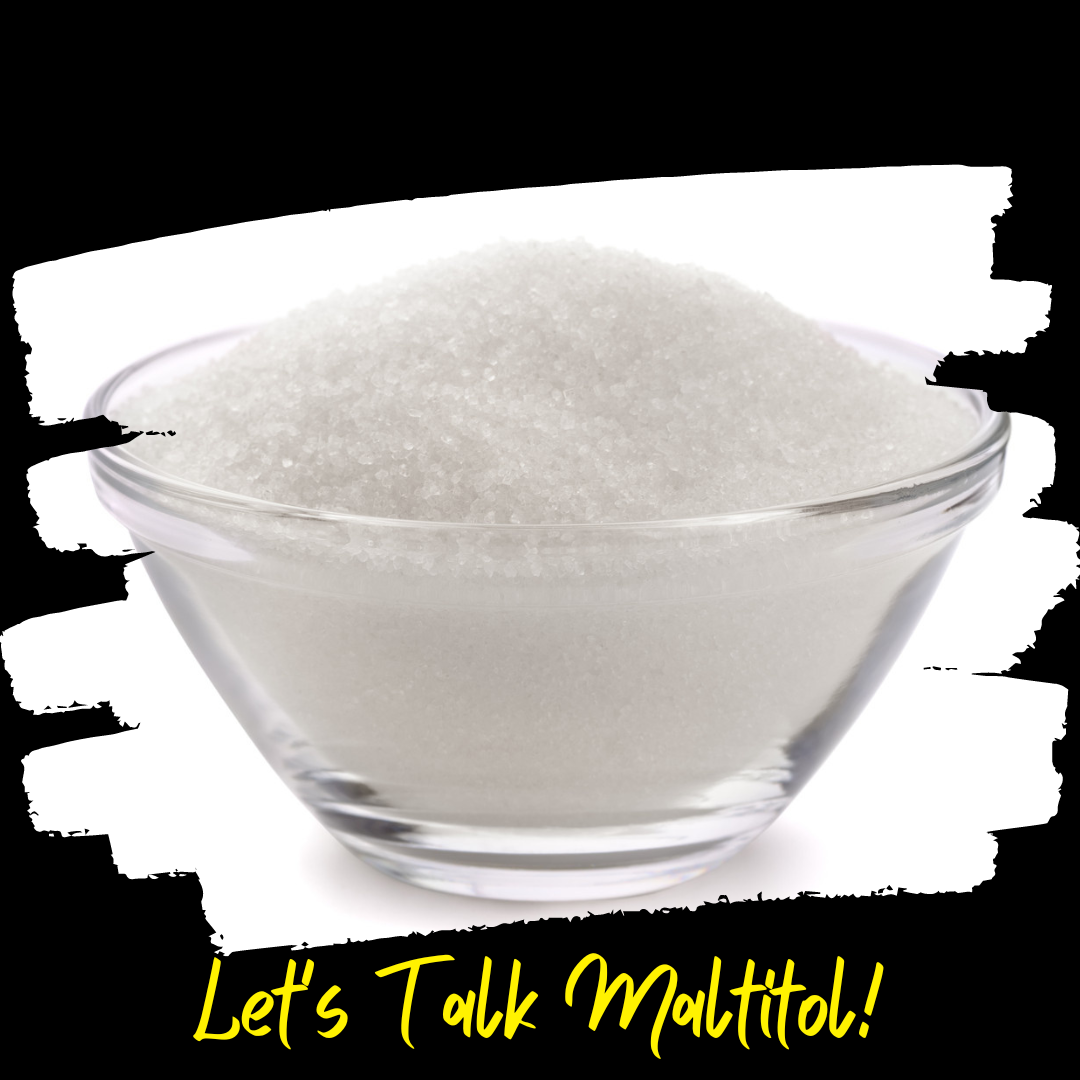
Why we use Powdered Maltitol vs. Maltitol Syrup - Implications for Diabetics

Glycemic Index (GI): The glycemic index measures how quickly a food raises blood sugar levels compared to pure glucose. Powdered maltitol typically has a lower GI compared to maltitol syrup. The powder form is absorbed more slowly in the body, resulting in a slower and more gradual increase in blood sugar levels. In contrast, maltitol syrup has a higher GI due to its higher concentration of maltitol and the presence of additional sugars or carbohydrates.
Concentration and Sweetness: Powdered maltitol is a concentrated form of maltitol, often used as a granulated or powdered sugar substitute. It is much sweeter than maltitol syrup, so only a small amount is needed to achieve the desired sweetness. On the other hand, maltitol syrup is a liquid sweetener and is less concentrated in sweetness. It is commonly used as a substitute for corn syrup or honey in recipes.
Applications and Usage: Powdered maltitol is more versatile and suitable for various culinary applications, including baking, cooking, and sweetening beverages. It can be easily measured and substituted in recipes that call for sugar. Maltitol syrup, due to its liquid form, is commonly used in liquid applications such as syrups, sauces, and toppings.
Digestive Impact: Maltitol syrup is known to have a laxative effect in some individuals, particularly when consumed in large amounts. This is because it is partially digested and fermented by bacteria in the colon, leading to potential gastrointestinal discomfort, gas, and bloating. Powdered maltitol, on the other hand, is less likely to cause digestive issues since it is absorbed more slowly and undergoes less fermentation in the colon.
In summary, powdered maltitol is often considered a better option for diabetics due to its lower glycemic index, greater concentration of sweetness, versatility in culinary applications, and reduced likelihood of causing digestive discomfort. However, it is important for individuals with diabetes to monitor their blood sugar levels and consider their personal tolerance to different sugar substitutes. Consulting with a healthcare professional or registered dietitian can provide tailored advice on the best sweeteners to include in a diabetes management plan.
